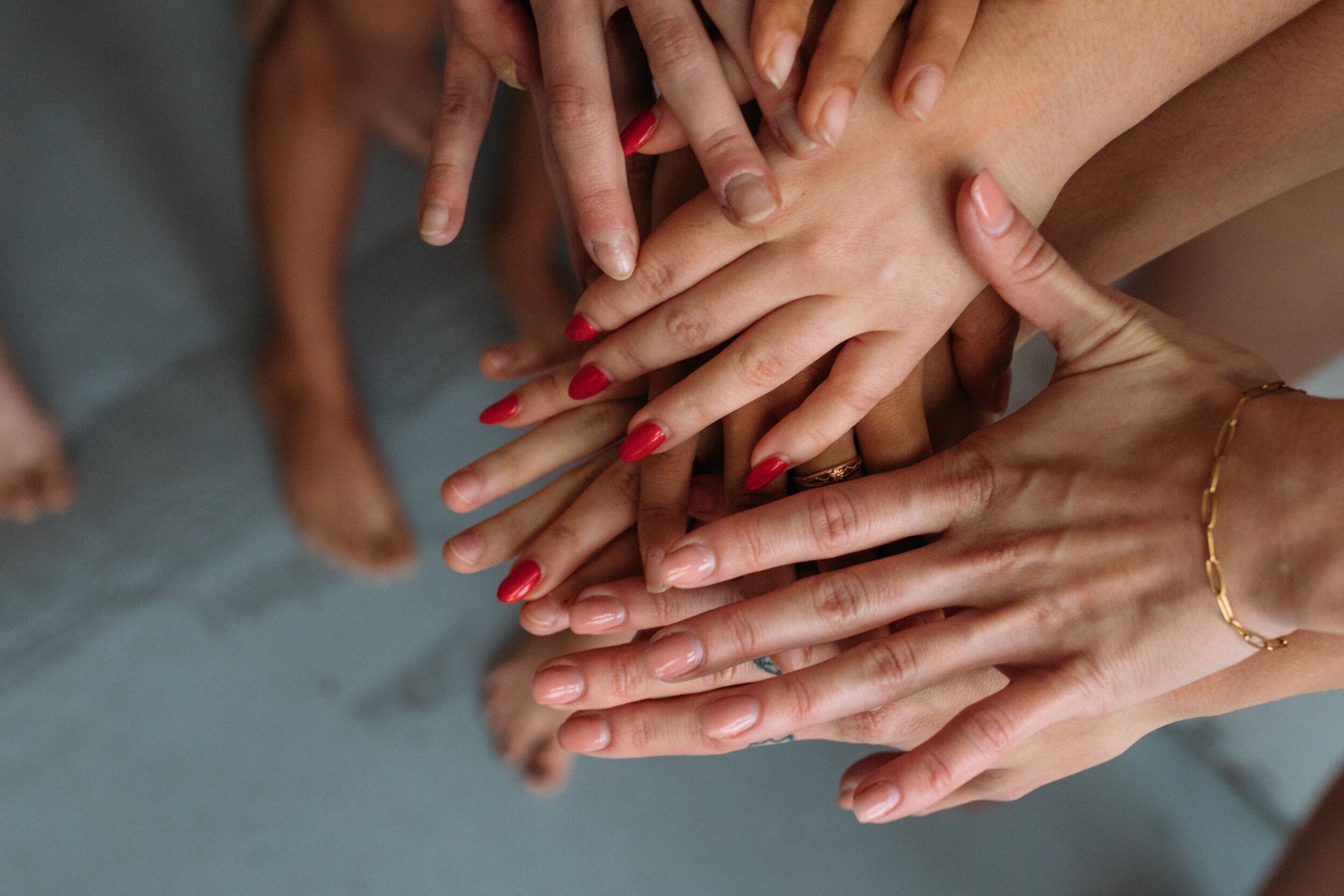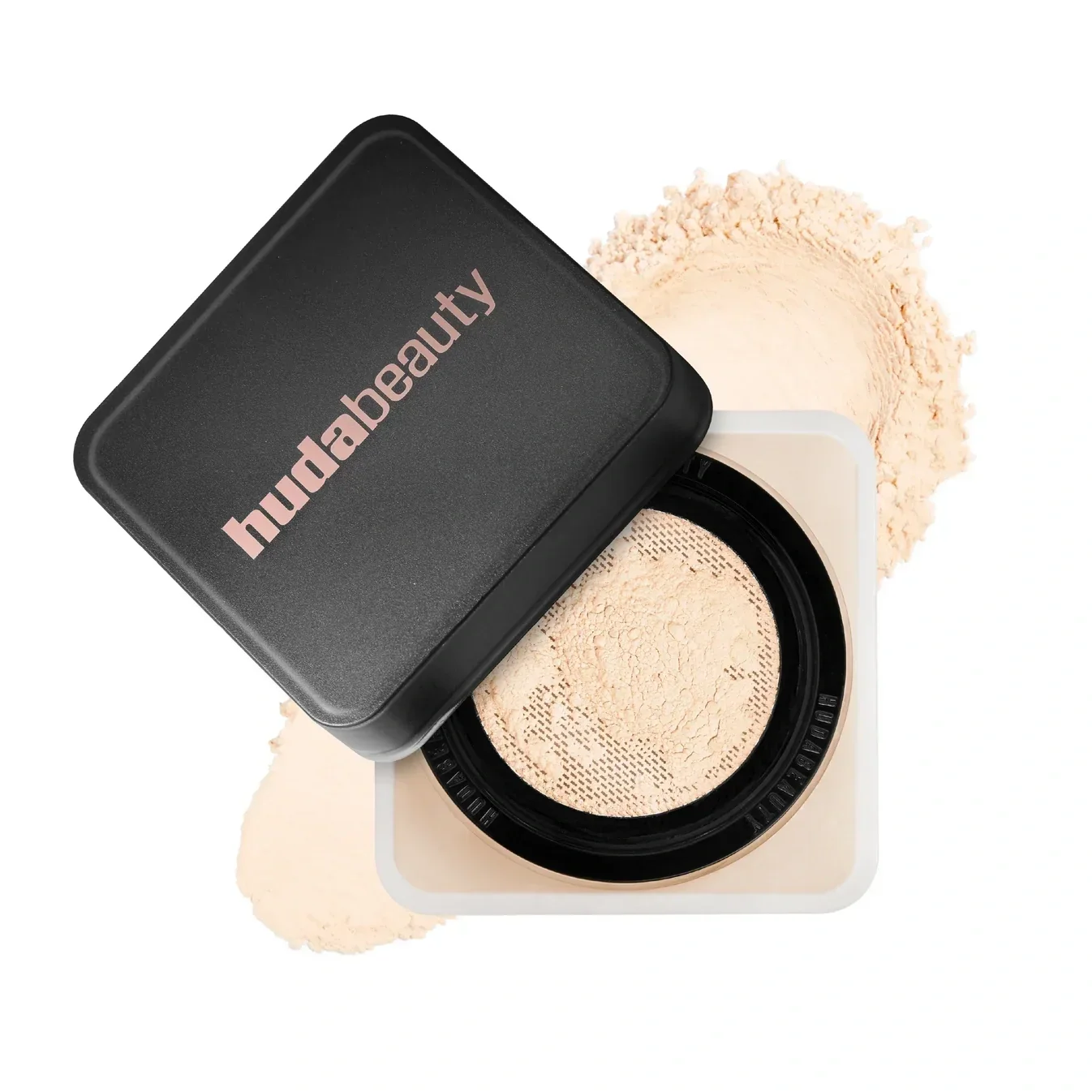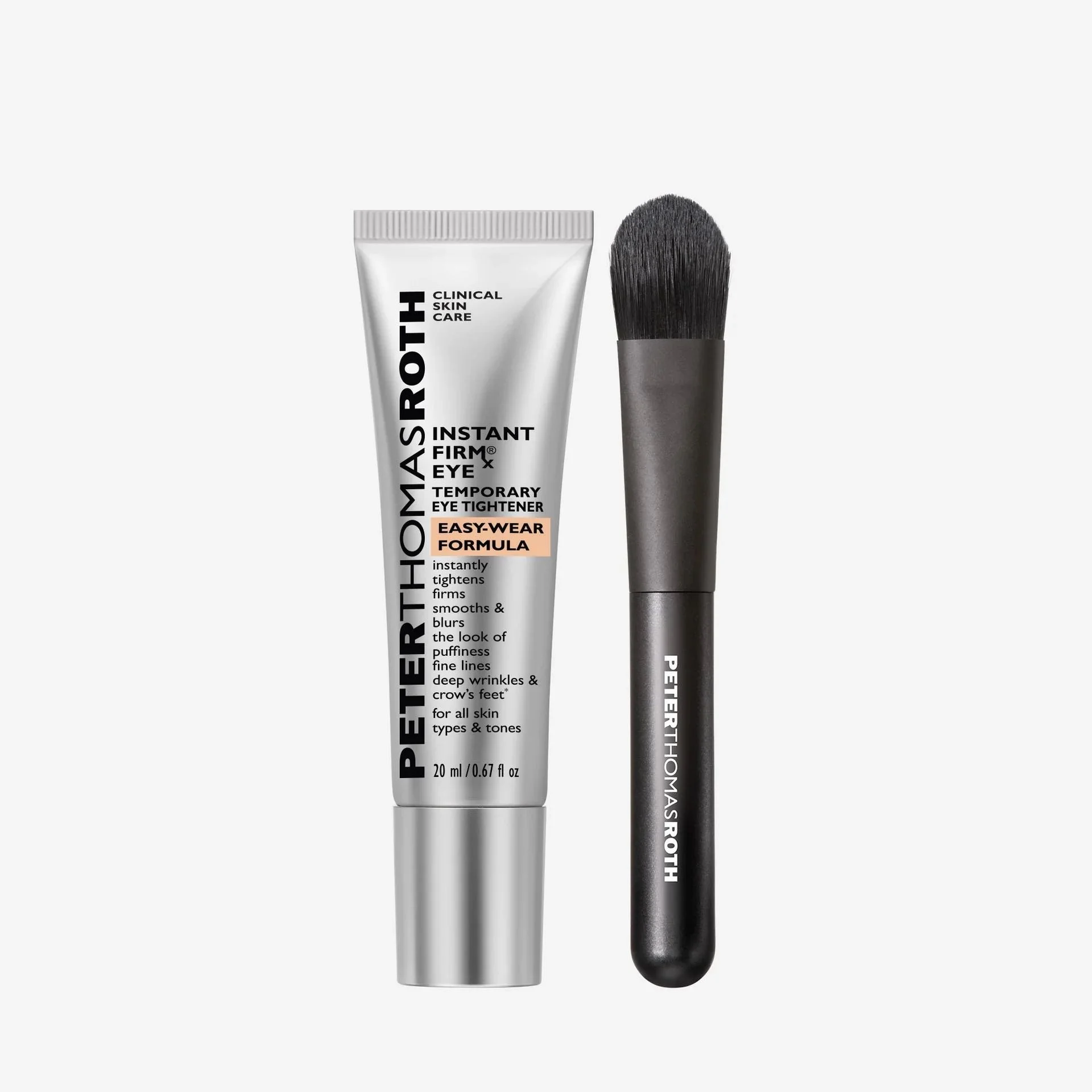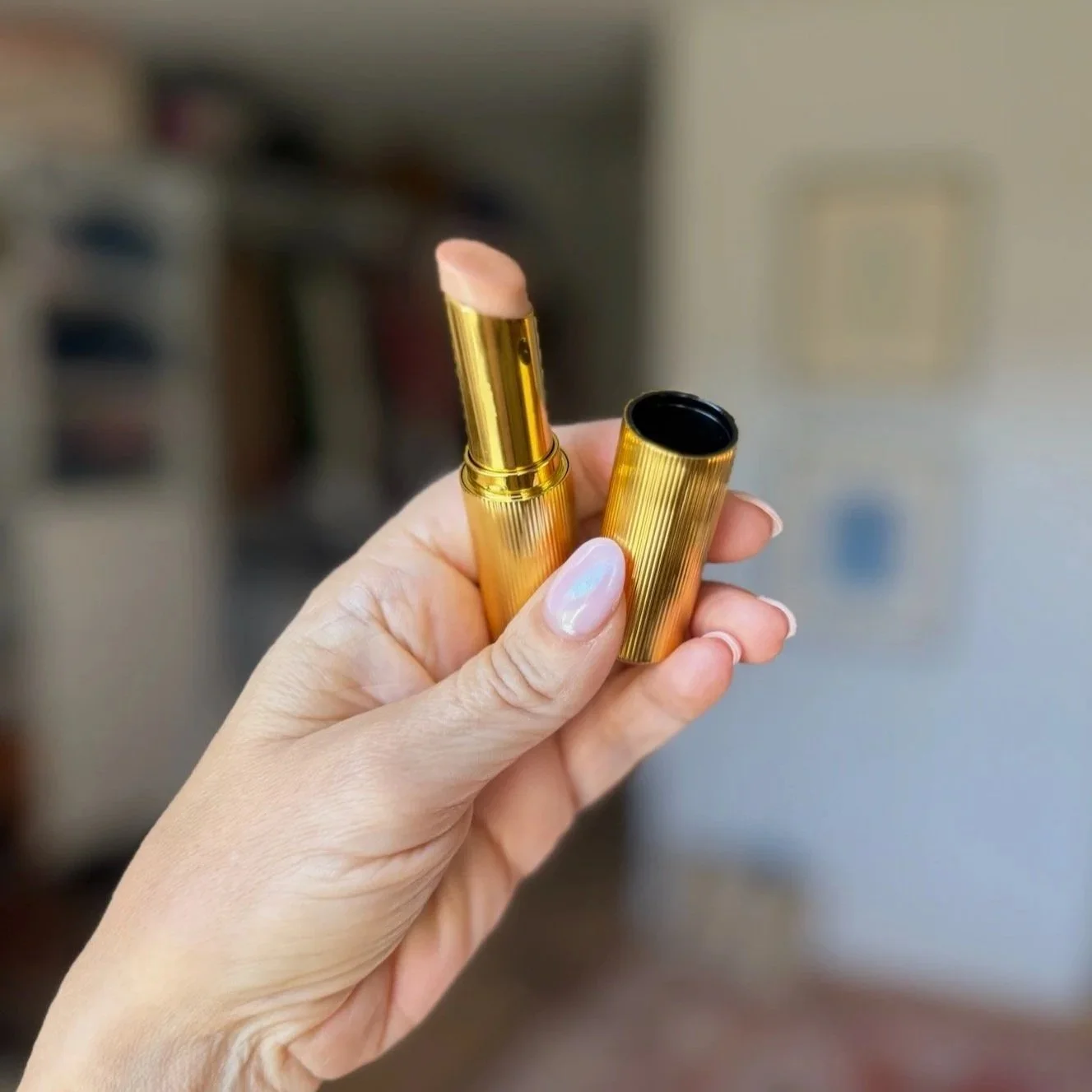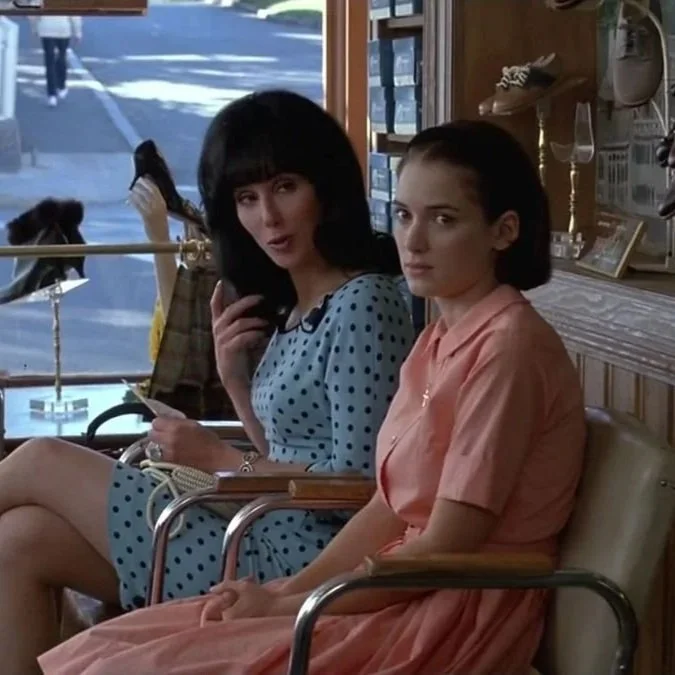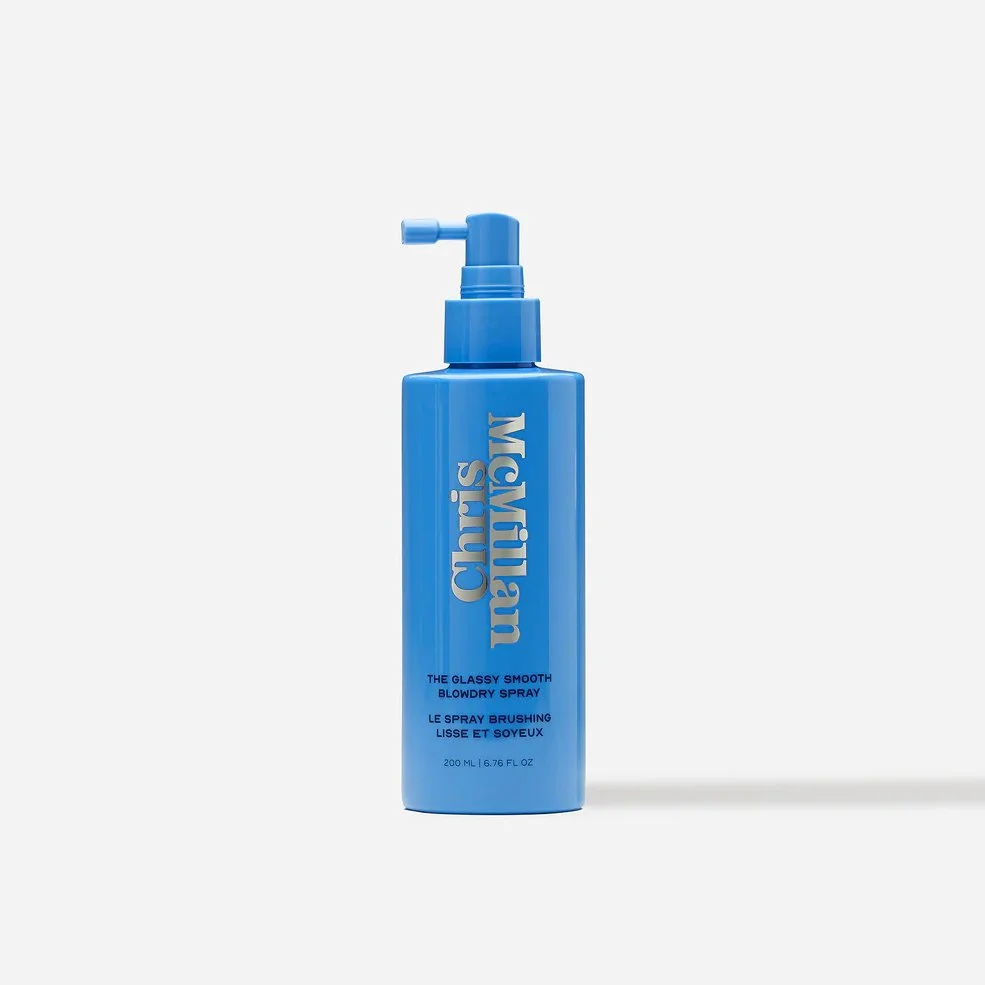This Is How To Make Friends As An Adult. Gasp.
by Maggie Grainger
Remember when all it took to make a new best friend was a shared love of Lisa Frank or a serendipitous seat assignment in class?
As kids, many of our friendships happened by default, but as adults, we have to work a lot harder to find (and maintain) real, genuine connections.
Although making friends in adulthood can often seem daunting, it isn’t impossible, says Betsy Chung, Psy.D, a licensed psychologist based in Southern California.
But, the process does require a level of vulnerability and openness that may be uncomfortable for most of us.
Why does it seem so hard to make friends as an adult?
Making friends as an adult requires an investment. An investment of time and energy. And when we’re trying to juggle work, kids, cooking, cleaning, marriage, and finding moments of solitude for the sake of our mental health, putting aside time to make friends falls to the bottom of our endless to-do lists.
Also, where does one even find adult friends? At work? At our kids’ schools?
But Chung doesn’t think time and place are the only factors making adult friendships so hard to cultivate. “What’s holding us back is not usually the lack of resources, it’s the lack of action,” says Chung. “We’re too afraid to ask for people’s contact information after a wonderful conversation with them, and even then, we tend to stick to the friends we already know rather than growing friendships out of new acquaintances.”
Sometimes you have to risk it and just go for it.
“Take the initiative to schedule time to get to know the person, and don’t be afraid to be open, because openness and vulnerability creates closeness,” Chung recommends. “Friendships don’t just happen overnight. A relationship needs time and space to grow, and it’s important to create opportunities for contact. Chances are if you have positive feelings about somebody, they too have positive feelings about you.”
Image: Friends | NBC
Finding new friends is like dating.
Think of finding a new friend like dating. It can feel a little strange and awkward at times, but if you put yourself out there, you might connect with someone you wouldn’t have crossed paths with if you hadn’t taken the plunge and started swiping.
“Some people I know have benefitted from apps like ‘Meetup’ and ‘Bumble BFF,’ which basically work like dating apps,” Chung explains. “But rather than seeking romantic partners, people are seeking friends.”
Reaching out to people who share common interests on social media can lead to real relationships.
“All it takes is a simple DM with somebody who’s just as motivated to converse with you as you are with them,” she points out. “I, myself, have made MANY connections on my Instagram with people who I consider true friends.”
Opening up lets others in.
So how do you let others know you’re open to building a genuine relationship? Go the extra mile to initiate introductions or to include a person in your conversation the next time you find yourself in a social setting.
“Showing genuine interest and curiosity to learn more about the other person makes the person feel important and seen,” says Chung. “Openness and vulnerability allows others to get to know you better. Making efforts to initiate introduction or include a person in conversation brings a sense of belonging.”
Image: Sex And The City | HBO
The future of friendships in a post-quarantine world.
While tech has enabled us to connect with people in new ways, it’s also made us forget the importance of maintaining a real, face-to-face connection with the people we care about.
“We got lazy,” admits Chung. “Instead of doing the work and getting to know somebody deeply by offering each other undivided attention, we chose to skip the awkward silences and settle for shallow social media and text interactions.”
She continues: “If we can make any inferences about the fast advancements in technology, it’s that humans are constantly seeking out the most efficient, least resistant way to do things. The ease of connecting with each other through social media and text messaging has almost completely replaced the deep emotional intimacy that could be developed from hour-long phone conversations.”
As you start to actively pursue a friend, keep this in mind. How can you make someone feel really seen outside of just liking their post? What validations do you appreciate when it comes to interacting with others?
The biggest barrier to meeting new people might be you.
“A lot of us struggle to get past an acquaintance stage because we’re too afraid to take risks,” says Chung. “We’re so afraid of rejection that we fail to initiate contact, to open up about personal thoughts and opinions that can really help to take a relationship to the next level. We make a lot of excuses, often due to anxiety and fear of rejection.”
Other barriers Chung says affects our ability to meet new people include:
Self-esteem: Those who have poor self-esteem might avoid situations of potential rejection because they take it personally.
Anxiety: Those that struggle with anxiety may have a negativistic view of people, and struggle to trust others. People who struggle to trust are more guarded with new people, and take longer to develop closeness.
Fear of Failure: Perfectionists struggle to take risks unless they’re almost GUARANTEED success. They tend to wait for others’ to take initiative to develop friendships rather than proactively pursuing friendships themselves.
Unrealistic Expectations: Some people have certain expectations of others, and have a binary view of friendships. Perhaps they expect friendships to be effortless, or they over-rely on their friends to be present.
As you start to explore new friendships, remember that we all have different relational needs and expectations.
“It’s important to understand what OUR needs are, and learn to effectively communicate those needs to determine whether the other person is able to meet them, and adjust expectations of the relationship depending on what the other person is able and willing to offer.”
She continues: “Some of us have these arbitrary ideas of what friendships SHOULD look like, and when somebody doesn’t fit certain criteria, we don’t consider them friends, and lose out on building on whatever relationship already exists.”
Once you’re able to shed your preconceived ideas of what a friendship SHOULD look like and open your mind and heart open to new possibilities, you might surprise yourself with how quickly your social calendar fills up.
This article is for informational purposes only. It is not intended to be used in place of professional advice, medical treatment, or professional care in any way. This article is not intended to be and should not be a substitute for professional care, advice or treatment. Please consult with your physician or healthcare provider before changing any health regimen. This article is not intended to diagnose, treat, or prevent disease of any kind. Read our Terms & Conditions and Privacy Policy.

